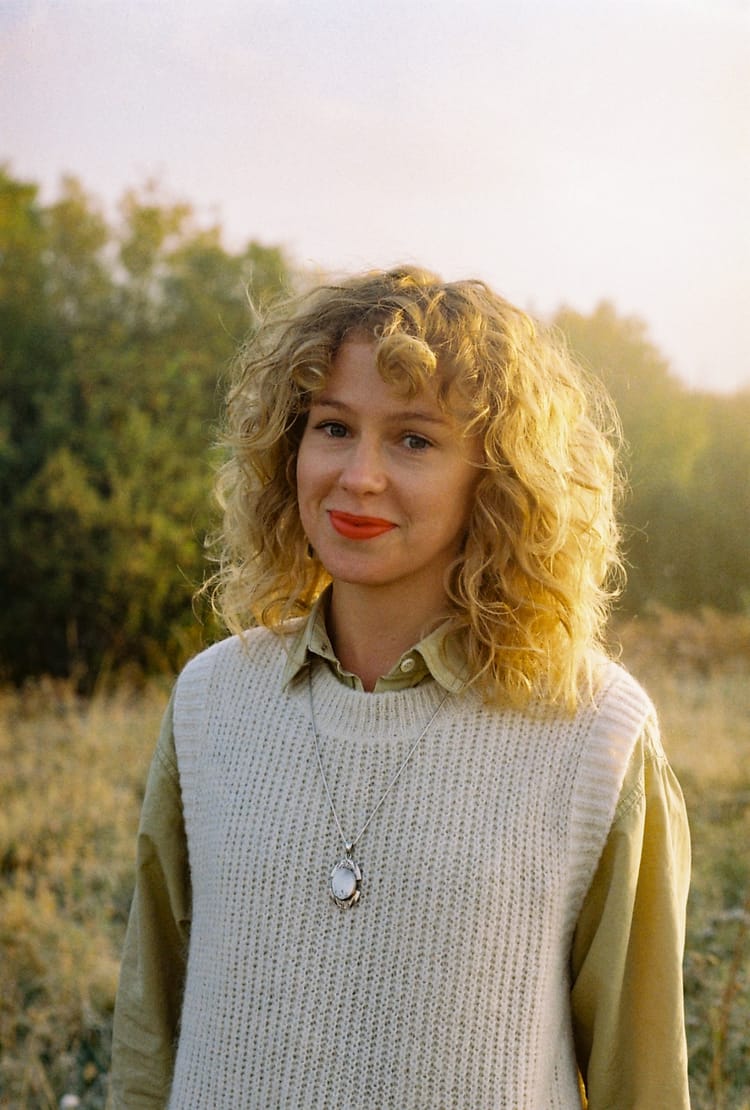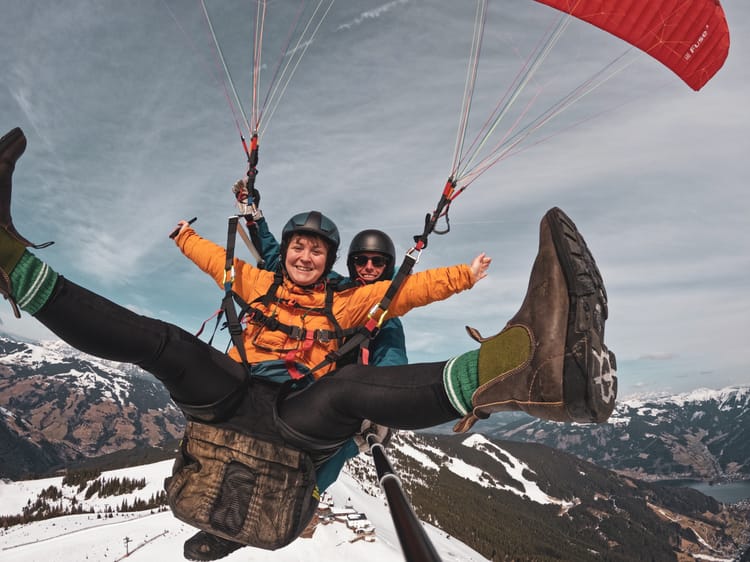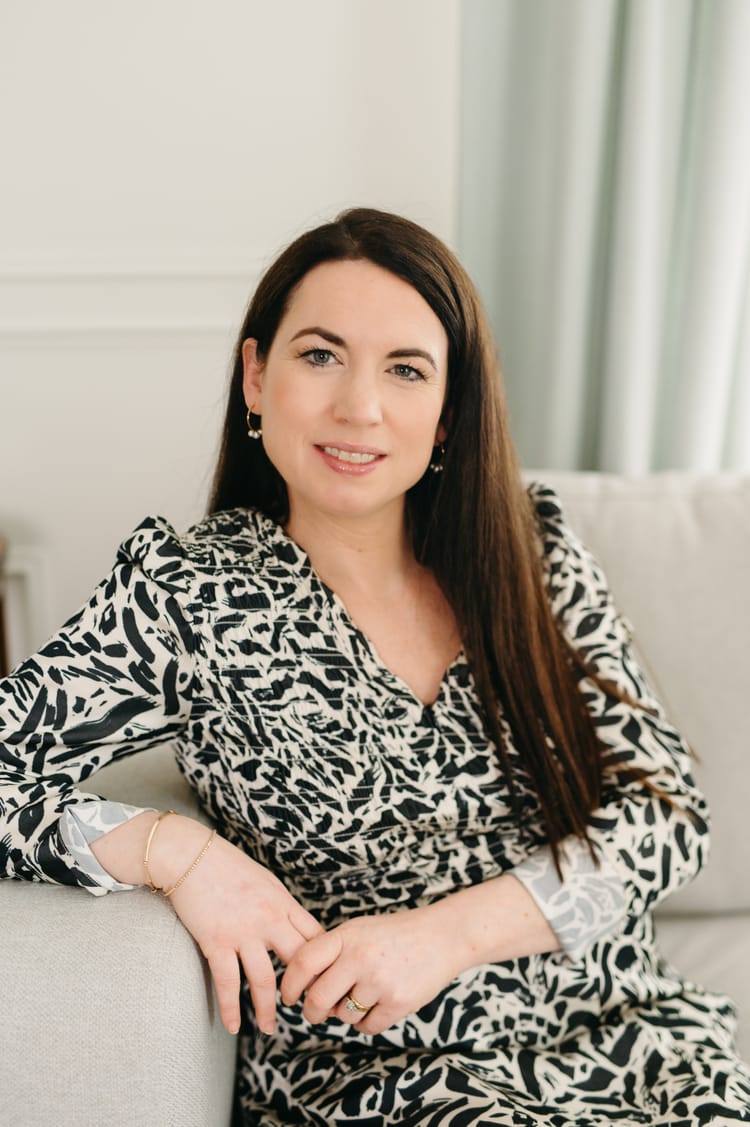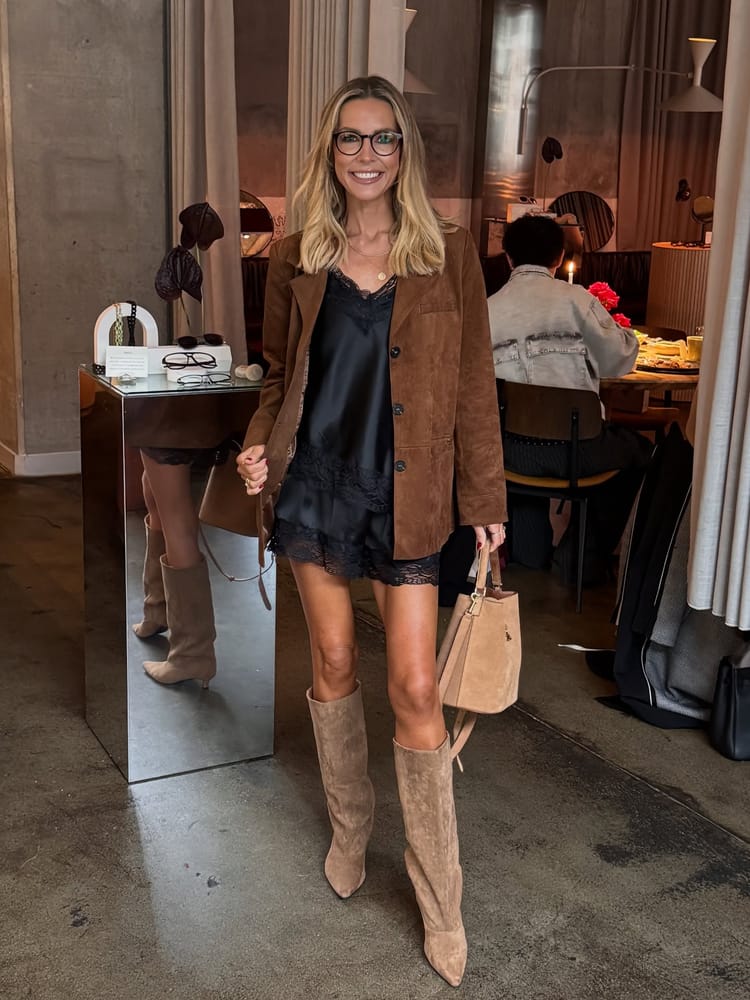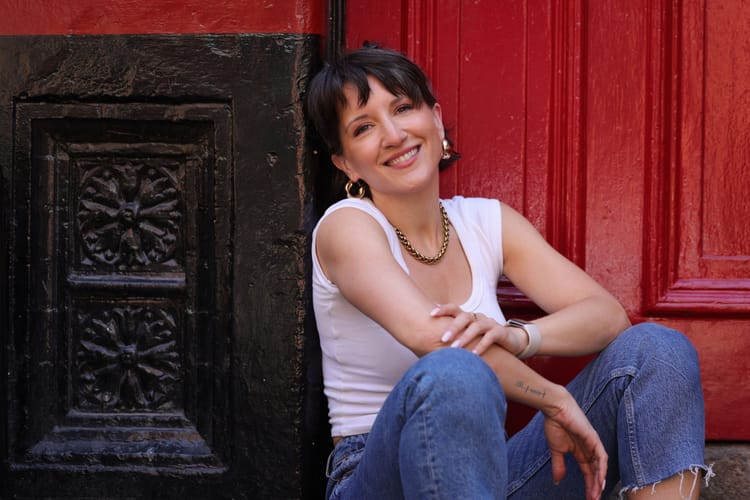Meet Bríd Ní Neachtain: Champion of Irish Stories On Stage and Screen
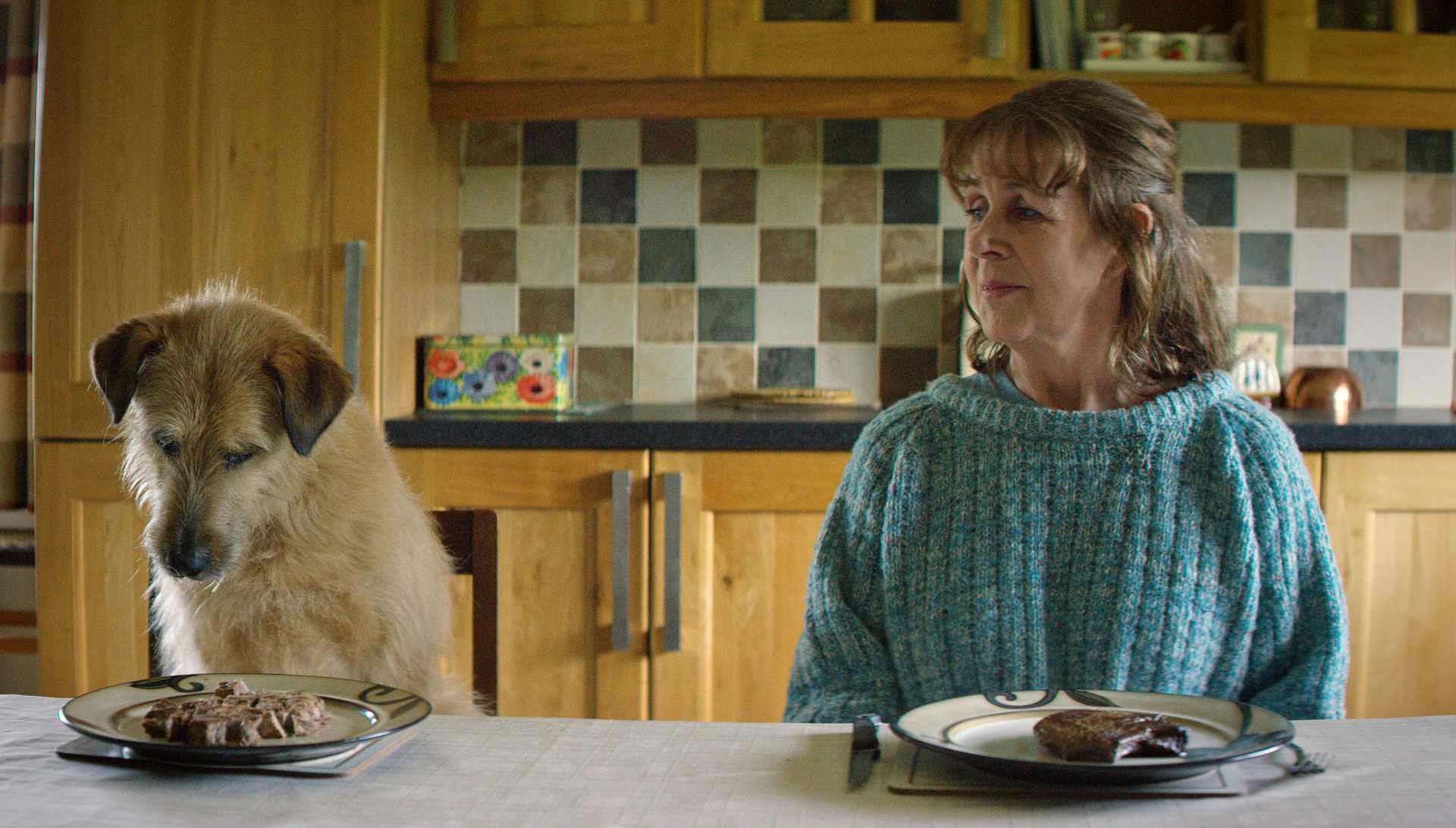
When Connemara-born actor Bríd Ní Neachtain was just 16, she posted a letter that changed her life. Though there was no history of acting in her family, she got the bug after being encouraged to perform in plays at boarding school in Spiddal. But she couldn’t figure out how to make acting her future career.
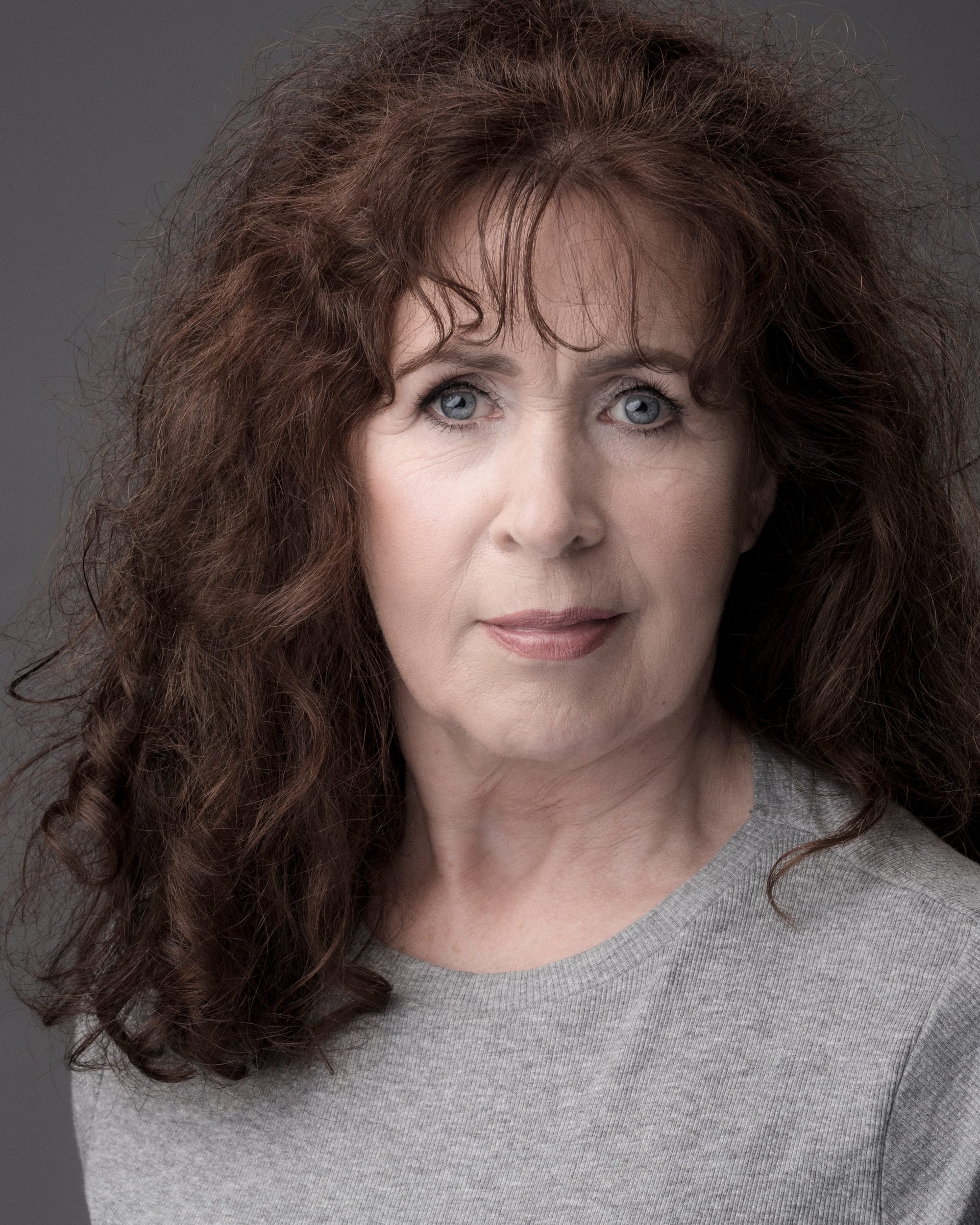
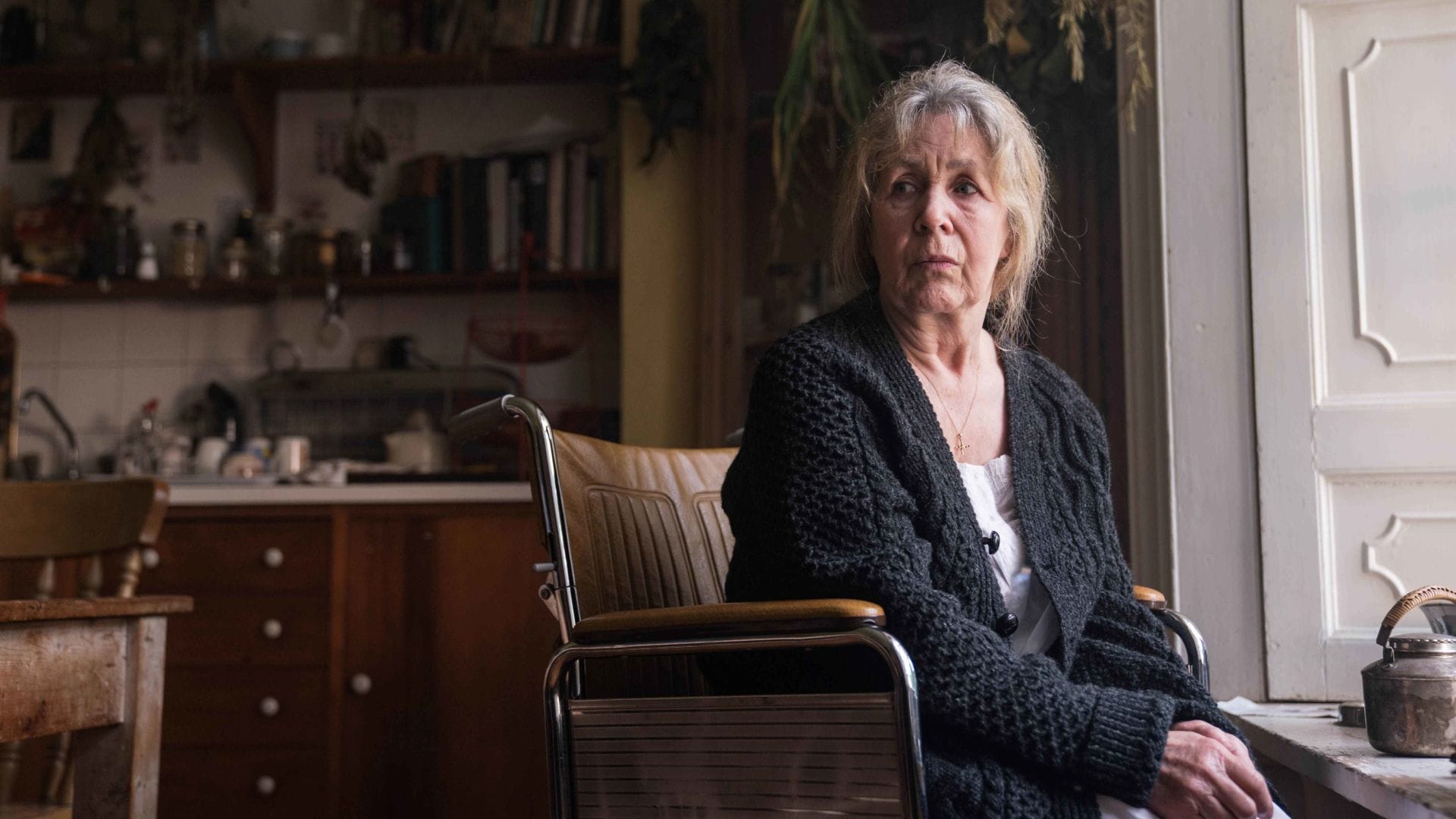
Her older brother had an idea. “He said - why don’t you write to the artistic director of the Abbey [Theatre]?” recalls the down-to-earth and affable Ní Neachtain as she chats to Galway Now over tea. “I got a letter back that said ‘could you come to Dublin?’” She’s been based in the capital ever since. As an assistant stage manager she worked on various Abbey shows, and soon was drafted in for walk-on parts.
“I was really lucky to do my theatrical growing up at a time when there was a lot of theatre, and a lot of good stuff happening. Brian Friel, Tom Murphy, Chekhov, you had American directors, Russian directors coming over,” she recalls. To this day, if she has trouble with a line, she asks herself how the actors she encountered back then would deal with it.
One of the roles that brought her to global attention was ‘Rose’ in Brian Friel’s 1990 play Dancing at Lughnasa. When it reached Broadway, audience members included acting icons Katherine Hepburn and Lauren Bacall. “It was just a new play, and we had no idea doing it the journey of where it would bring us,” Ní Neachtain marvels.
Her time at the Abbey taught her to “respect the writer; respect the writing”. She’s carried this with her through her roles in theatre, television and film. This year has included a long stint in the Gaiety Theatre as Aunt Maggie Faraway in Jez Butterworth’s play The Ferryman, and a role on the big screen in Aislinn Clarke’s Irish language horror Fréwaka.
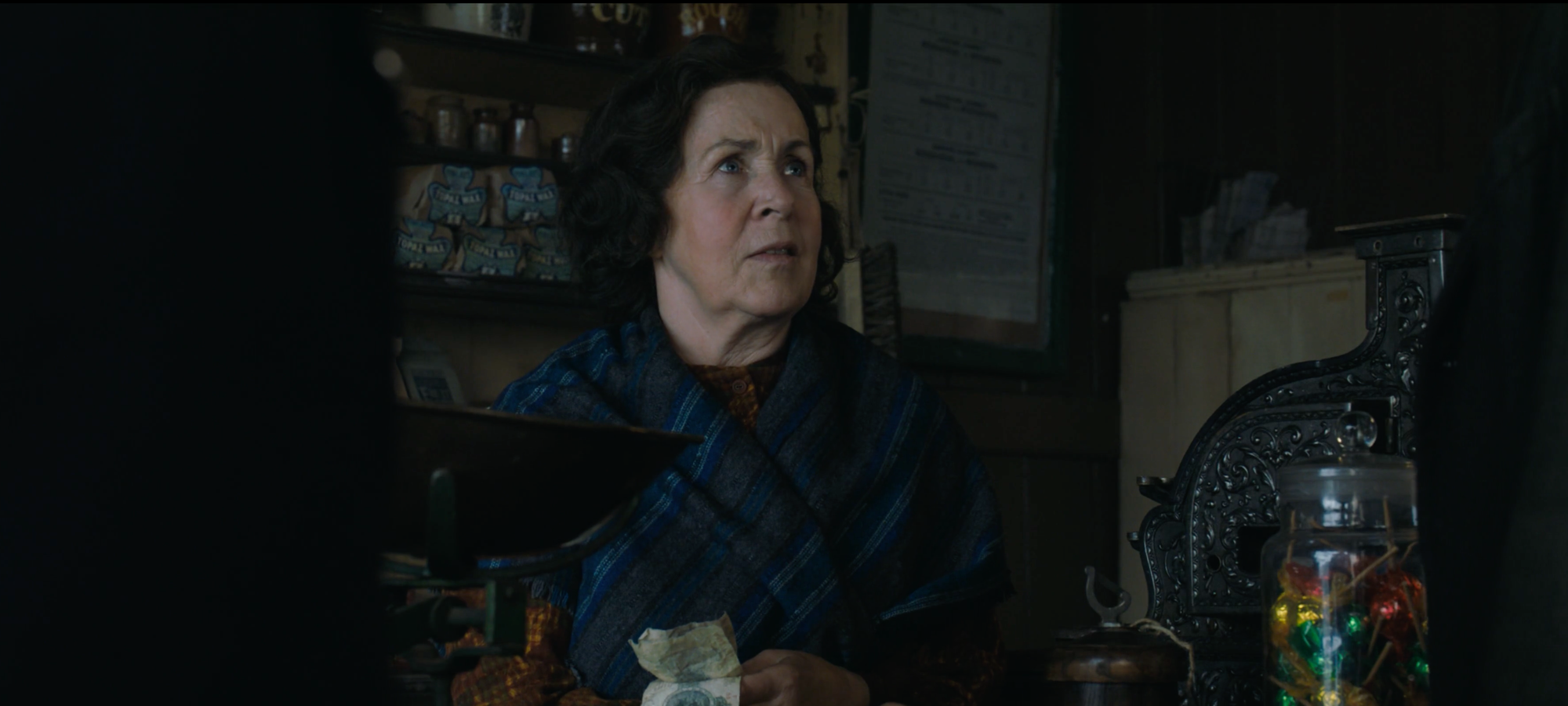
You’ll also have seen her in Banshees of Inisherin, as shopkeeper Mrs O’Riordan, or in the wonderful Róise and Frank as a widow who believes her husband has been reincarnated as a dog. Ní Neachtain’s roles cross many different genres, but she always imbues her characters with an earthiness and sensitivity that makes them feel utterly real.
Ní Neachtain grew up with a mother who “was a feminist without knowing she was a feminist”, and who encouraged her children to speak both Irish and English at home, to make their inevitable departure from Connemara that bit easier.
Today, Ní Neachtain works in both languages, and is proud to see the recent increase in Irish-language films. She’s also delighted to be working with so many female directors, like Rachel Moriarty on Róise and Frank and Aislinn Clarke on Fréwaka.
Fréwaka is a horror film, but Ní Neachtain didn’t approach it that way. “I thought, well, I’m not going to think of it as horror. I’m just going to think of it as this woman’s journey,” she says. Acting alongside the “really talented” Clare Monnelly (who plays Shoo, a carer for Ní Neachtain’s character Peig), she discovered that life on a horror set can get bloody. “There was one day that I was soaking [with blood],” she laughs.
What draws her to roles is working with good people, but also getting to tell a variety of women’s stories. She finds that in her mid-sixties and with more female directors working now, the roles for women her age are only getting better: “It was male dominated for such a long time. It’s great to see women telling our stories from their lens, their perspective.”
Film can be glitz and glamour, but you need to be grounded, says Ní Neachtain. “My community – including my mother – never let me run away with myself,” she says, adding later: “I always say to young actors, the hardest part is in between the jobs. Believe in yourself. And I think that [belief in myself] comes from home and community. And I always see Connemara and Galway, the ruggedness, the harshness… there’s a strength in that.”
When she wants to escape the big city, she goes back to Connemara and her family home. “There’s no television. There’s a radio, and books, and I walk and I just look at things,” she says, adding: “Galway’s always been home – I love being home… that road west, there’s something about it.”
So what’s next for her after The Ferryman and Fréwaka? “I don’t know,” she says simply. “And you know what? I’m happy enough to go, well, that worked - and leave it to the universe.”
Delivered straight to your inbox every month.

